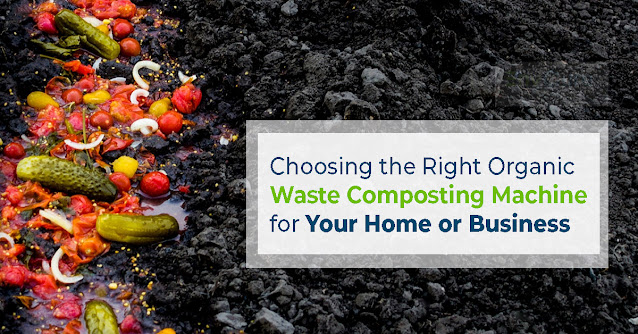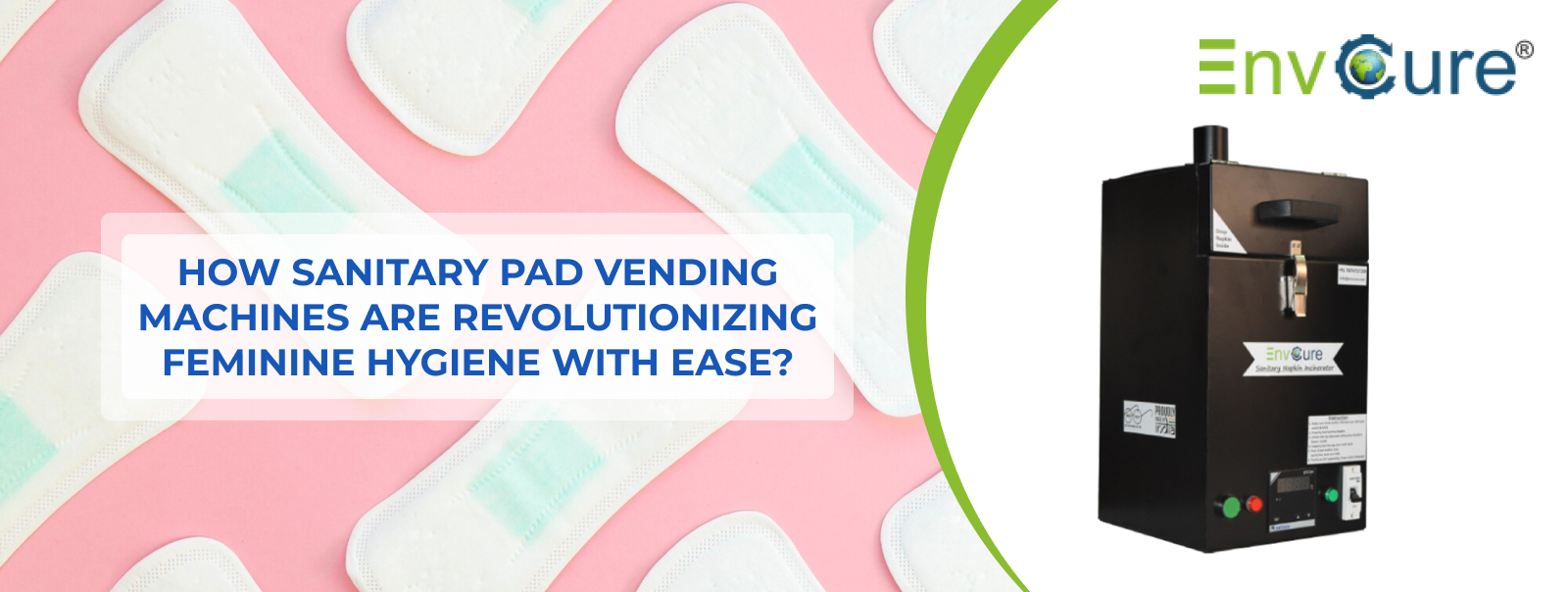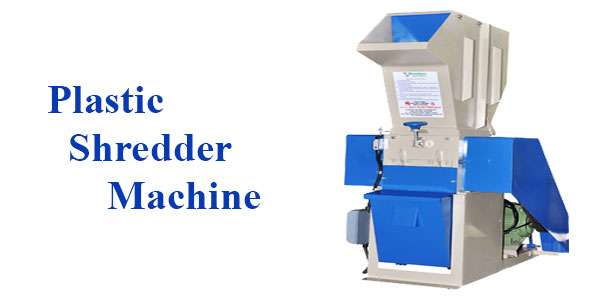A Comprehensive Guide to Selecting the Perfect Organic Waste Composting Machine
In today's environmentally conscious world, the importance of sustainable waste management practices cannot be overstated. Organic waste composting is a key solution that not only reduces the burden on landfills but also produces nutrient-rich compost for gardens and agricultural use. If you're considering embracing eco-friendly practices at your home or business, selecting the right organic waste composting machine is a crucial step. In this guide, we'll walk you through the essential factors to consider when choosing the ideal composting machine to suit your needs.
Understanding Your Needs:
Before diving into the world of composting machines, take a moment to assess your specific requirements. Are you composting waste at a small household scale or for a larger business operation? Knowing the volume of waste you generate and the available space will help you narrow down your options.
Types of Composting Machines:
There are several types of composting machines available, each with its unique features and benefits. These include:
Small-Scale Composters: Perfect for individual households, these compact machines are designed to process kitchen waste efficiently.
Large-Scale Composters: Businesses and institutions with higher waste volumes can opt for larger composters that handle a broader range of organic materials.
Continuous Composters: These machines allow for a continuous composting process, making them suitable for operations that generate a steady stream of waste.
Batch Composters: Ideal for those who prefer composting in batches, these machines are suitable for processing a larger volume of waste at once.
Key Features to Consider:
When selecting an organic waste composting machine, several features should be taken into account:
Size and Capacity: Choose a machine that matches the amount of waste you produce. It's essential to avoid overloading the composter.
Processing Time: Different machines have varying composting times. Some offer quicker results, while others take longer but produce higher-quality compost.
Aeration and Mixing: Proper aeration and mixing are essential for efficient composting. Look for machines with built-in mechanisms for turning and mixing the compost.
Temperature and Odor Control: Composting generates heat and odors. Opt for machines that manage temperature and odor to ensure a pleasant composting experience.
Ease of Use: User-friendly controls and automation can make the composting process smoother and more convenient.
Maintenance and Upkeep:
Consider the maintenance requirements of the composting machine. Regular cleaning, maintenance, and troubleshooting might be necessary to keep the machine functioning optimally.
Environmental Impact:
Select a composting machine that aligns with your sustainability goals. Look for energy-efficient models that minimize resource consumption.
Cost Analysis:
While composting machines can vary in price, it's essential to consider the long-term benefits. Calculate potential savings on waste disposal fees and the value of the compost produced.
Reviews and Recommendations:
Before making a decision, read reviews from other users and seek recommendations from experts in the field. Real-world experiences can provide valuable insights.
Conclusion:
Choosing the right organic waste composting machine requires careful consideration of your needs, available space, and the features that matter most to you. By investing time in researching and selecting the ideal machine, you'll be contributing to a greener future while enjoying the benefits of nutrient-rich compost for your garden or business.



Comments
Post a Comment